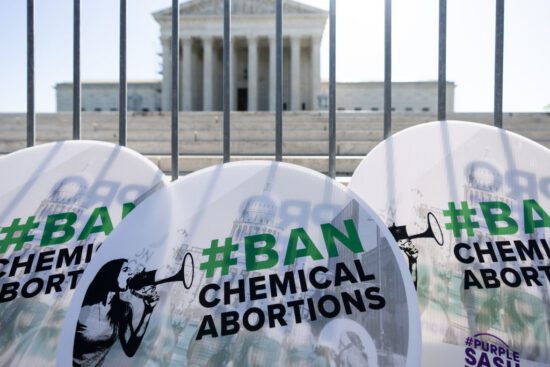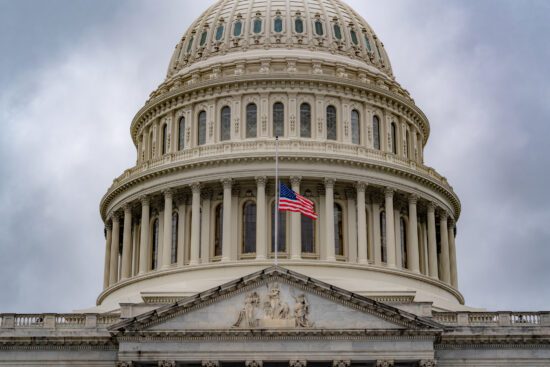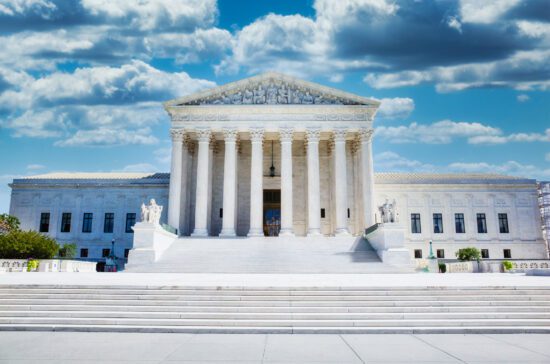Southern Baptists have consistently affirmed the sanctity of all human life, recognizing that every person is created in the image of God. In a post-Dobbs v. Jackson Women’s Health Organization society, the pro-life movement must continue combating the evils of abortion and championing life. The longstanding Comstock Act, a 19th-century law still currently in effect, is a vital avenue for the pro-life movement to push forward in advocating for policies that protect vulnerable preborn lives.
What is the Comstock Act?
The Comstock Act, enacted by Congress in 1873, represents a critical moment in American legal history aimed toward upholding moral standards in society. Named after Anthony Comstock, a postal inspector and moral reformer, the act sought to suppress the distribution of “obscene” materials delivered through the mail. The law explicitly prohibits mailing items that are deemed “obscene, lewd, lascivious, indecent, filthy, or vile” and includes materials designed to produce or facilitate abortion.
While the Comstock Act remains a piece of federal law, it is only actively enforced in limited contexts today. Historically, the United States Postal Service (USPS) was the primary enforcer of the law, but the practical application of the act has significantly diminished over the years. For example, many materials that the act was designed to regulate are now widely available due to shifting cultural norms and legal interpretations over the last century and a half. The many potential and unaddressed violations have led to a perception that the act has become outdated and obsolete.
What is the significance of the Comstock Act?
In the present moment of the pro-life movement, a renewed focus on the Comstock Act is worth considering for several reasons:
- Historical context: It reflects the 19th-century landscape when the government took a vested role in promoting and upholding morality.
- Legal framework: While many aspects of the act remain unenforced, its mere existence in federal law provides a potential tool for pro-life advocates to limit abortion access through mail services. The Biden administration’s decision to remove FDA safety precautions for the abortion pill and expand its accessibility poses risks to the health and safety of vulnerable women. This regulation change was challenged in the Supreme Court, where the ERLC filed an amicus brief voicing concerns about the potential dangers the abortion pill presents to women.
- Pro-life advocacy at the federal and state level: In light of the 2022 Dobbs decision, many individuals have relegated the issue of protecting preborn life to the states. However, the ERLC continues to advocate for pro-life protections at the federal level. The Comstock Act can serve as a foundation for pro-life efforts to restrict the distribution of abortion pills, such as mifepristone, and other abortion-related materials at the federal level.
How could a pro-life administration utilize the Comstock Act?
As we navigate a new landscape with the incoming Trump administration, particularly after the Dobbs decision, a pro-life administration can utilize the Comstock Act to restrict access to abortion-related materials. This renewed framework could include the following:
- Prohibiting mail-order abortions: This law can be enforced against the “obscene” and “indecent” mailing of abortion pills through the mail, thereby reducing access to at-home abortions. Regulation of the mailing system through the enforcement of the act could inhibit the distribution of materials that promote or facilitate abortions.
- Bolstering pro-life advocacy: By utilizing the Comstock Act as a means to protect vulnerable women and children from the predatory efforts of the abortion industry, a pro-life administration could gather broader support for its efforts and build momentum for other pro-life measures.
What attempts have been made to undermine the Comstock Act?
Understanding its potential, several pro-abortion groups have attempted to repeal the Comstock Act. Notable organizations, including Planned Parenthood and the American Civil Liberties Union, have called for the act’s abolition. Recently, legislative proposals, such as the “Stop Comstock Act,” have aimed to eliminate this legal barrier. The act’s continued existence amid these challenges highlights the importance for Southern Baptists to stand firmly against these efforts, advocating for the protection of all life, regardless of age or ability.
How should Southern Baptists think critically about the Comstock Act?
The Comstock Act holds significant potential for the pro-life movement today. Understanding its implications in our cultural moment allows Southern Baptists to advocate for preborn lives more effectively. Most recently, in 2022, Southern Baptists passed a resolution urging the ERLC to take a leading role in pro-life advocacy and to enact policies that safeguard vulnerable women and children from the predatory practices of the abortion industry. As the cultural and political headwinds continue to grow, we must remain proactive in promoting a culture of life that aims to make abortion both illegal and unthinkable.











